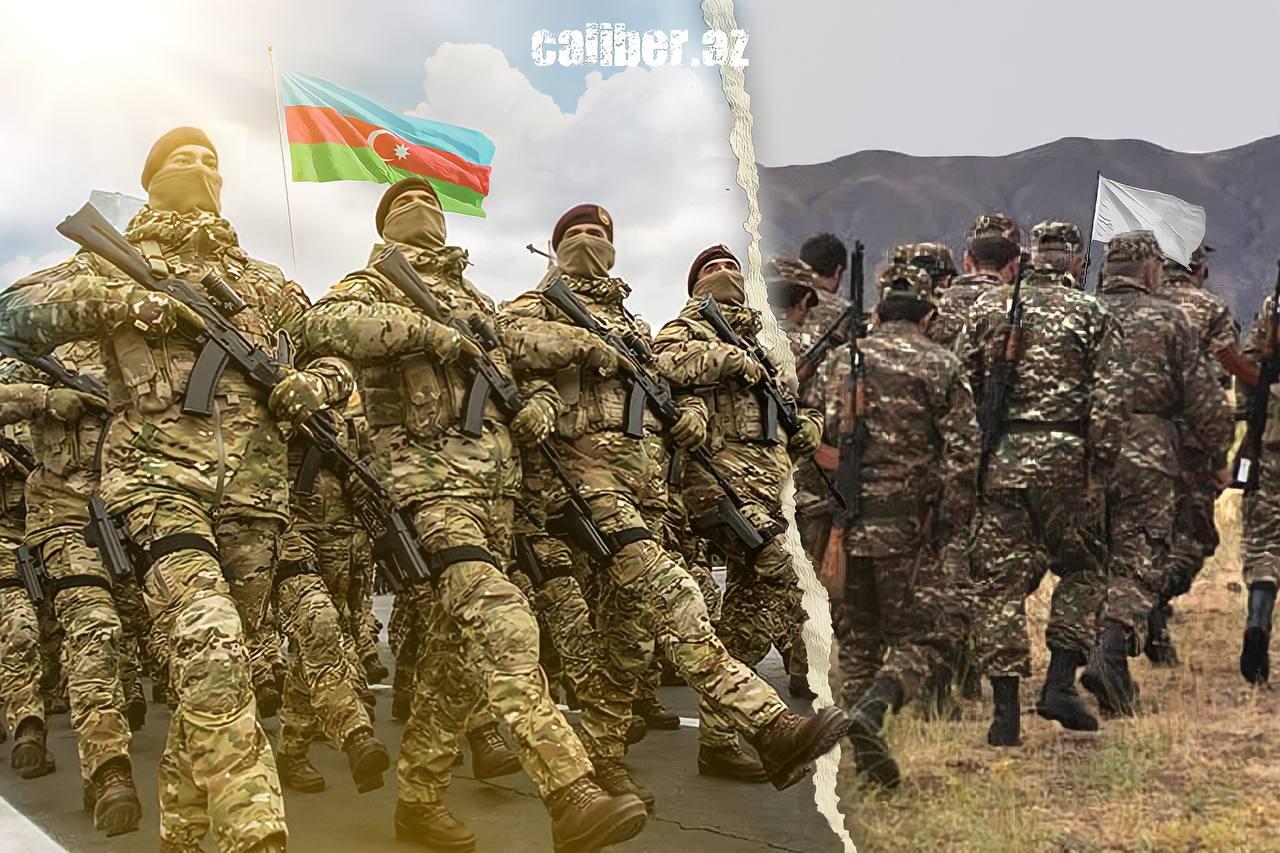Russian lawmaker's abuse of stupidity Lies, myths, and geopolitical reality
Konstantin Zatulin, a member of the State Duma of Russia representing the Sochi district and first deputy chairman of the State Duma Committee on the CIS, Eurasian Integration, and Public Relations, often quotes politicians, statesmen, and thinkers from the past. But does he do so appropriately? To put it mildly, not always. Nevertheless, I’d like to remind Zatulin of a quote by Otto von Bismarck, the first chancellor of the German Empire: "Stupidity is also a gift of God, but one mustn't misuse it."
Unfortunately, Zatulin has long ignored this wise advice. His reckless words sweep across topics with little regard for accuracy. One recent example of his habitual misuse of "stupidity" came when Zatulin once again took on the role of an outspoken Azerbaijani critic. His performance, which he proudly delivered during a broadcast on the Russian-Armenian news agency Rusarminfo, displayed his well-practised skills of misrepresentation.
Almost every sentence in Zatulin's speech was filled with outrageous lies and stupidity. Let's start with his statement: "The leadership of Azerbaijan, which for decades participated in the negotiation process and claimed its readiness to provide Nagorno-Karabakh with the broadest degree of autonomy within Azerbaijan, today removes the very name 'Nagorno-Karabakh' from geographical maps, not to mention that there is no longer any Armenian population in Nagorno-Karabakh, and since Azerbaijan, together with Türkiye, with its involvement and patronage, took the well-known actions in 2020 and 2023, no one is even talking about autonomy anymore."
Before us is a unique example of a sentence filled with nonsense and absurdity. First of all, Zatulin's tirade actually proves the remarkable patience of official Baku and its commitment to resolving the conflict with Armenia peacefully, within the framework of international law. It feels almost uncomfortable to remind him that it was Armenia that ignored the four well-known UN resolutions, which called for the withdrawal of all illegal Armenian armed formations from the occupied territories of Azerbaijan. Such was the response of official Yerevan to the proposals from official Baku, which expressed its readiness to grant the broadest autonomy to the territory of Azerbaijan that was previously called the Nagorno-Karabakh Autonomous Oblast (NKAO).
There is always a limit to everything, and Azerbaijan's patience is no exception. It is unlikely that Zatulin has forgotten the events that led to the 44-day war. These events began with provocative statements by Armenian Prime Minister Nikol Pashinyan, who declared, "Karabakh is Armenia, and period," signalling his refusal to seek a peaceful resolution to the Armenian-Azerbaijani conflict. This was followed by a military provocation in the Tovuz region along the Azerbaijani-Armenian border in the summer of 2020, which was ordered by Pashinyan. Even Armenia’s second president, Robert Kocharyan, acknowledged that this provocation was orchestrated by the current leadership.
Naturally, given these circumstances, the outbreak of war became inevitable. It began on September 27, 2020, when, at 7:30 AM, the Ministry of Defence of Azerbaijan accused the Armenian Armed Forces of launching an attack at around 6:00 AM local time. The assault involved large-calibre weapons, mortars, and artillery aimed at Azerbaijani military positions along the front lines, as well as villages in the Tartar, Aghdam, Fuzuli, and Jabrayil districts, causing civilian casualties.

Following a series of provocations and the outbreak of a new war, the question of autonomy was no longer relevant. The focus shifted to the liberation of Azerbaijan's temporarily occupied territories. After the victory in the 44-day war, significant changes occurred, including the renaming of certain regions of Azerbaijan. On July 7, 2021, Azerbaijani President Ilham Aliyev signed a decree titled "On the New Division of Economic Regions in the Republic of Azerbaijan," which led to the establishment of the Karabakh Economic Region. This region now encompasses the administrative districts of Aghjabadi, Aghdam, Aghdara, Barda, Fuzuli, Khojaly, Khojavand, Shusha, Tartar, as well as the city of Khankendi.
Despite the obvious truths, Zatulin attempts to appeal not to reality but to myths that cater to the ears of Armenian revanchists. Take, for instance, his statement about the "patronage and assistance of Türkiye" in Azerbaijan's victory over Armenian occupiers — a popular excuse for the military defeat of Armenia’s current leadership, its political opponents, and the global Armenian diaspora as a whole. Interestingly, even within Armenia, there are voices offering sobering reflections on this matter. Political analyst Alexander Iskandaryan, for example, rightly asserts that Armenia lost specifically to Azerbaijan, not to any external force.
So, it seems Zatulin is trying to outdo even Iskandaryan in his support for Armenian narratives. And indeed, that's precisely what it looks like. This becomes all the more ironic when recalling that Zatulin is banned from entering Armenia — a persona non grata there. Naturally, he holds the same status in Azerbaijan. Moreover, Zatulin is unwelcome in Ukraine, where he has been banned since 2006. He is also barred from entering Estonia and is included in the sanctions lists of the European Union, the United Kingdom, the United States, Canada, Switzerland, Australia, Japan, and New Zealand.
This is the inevitable outcome of Zatulin's readiness to abuse stupidity. Undoubtedly, he will continue to hone his "skills" in this disgraceful endeavour. However, the amount of nonsense he spouts, to the sadness of both Zatulin himself and his Armenian friends, will not affect the new reality in which Azerbaijan's sovereignty and territorial integrity have been fully restored and even recognized by the current leadership of Armenia. This, by the way, casts Zatulin in a truly absurd light.








